- This event has passed.
Episode 8: Rethinking Communication about Seismic Risk – Linking Knowledge to Action in Innovative Ways Since the 1994 Northridge Earthquake
December 18, 2024 @ 12:00 pm - 1:00 pm
Free
Episode 8 of the Northridge 30th Anniversary Webinar Series:
The Northridge Earthquake – 30 Years Later – A Catalyst for Engineering Resilient Communities
Series Partners:
- American Society of Civil Engineers (ASCE) Infrastructure Resilience Division
- ASCE Los Angeles Section
- Earthquake Engineering Research Institute (EERI) Southern California Chapter
- Structural Engineers Association of Southern California (SEOASC)
- Earthquake Country Alliance (ECA), led by the Statewide California Earthquake Center
Episode 8 Overview:
Risk is an abstract concept that, for most people, “happens to others.” Engaging residents of risk-prone areas in active measures to reduce risk is a continual process of collective learning that increases sporadically after an actual event only to decrease in entropy as the event fades in memory. Observed over decades, this pattern persists even as more funds are invested in risk reduction measures and scientists warn about increasing threat. This webinar will offer a look at how visual technologies have changed over the past thirty years since the Northridge Earthquake, making recognition of risk easier, faster, simpler. It will also discuss the design process of generating empathy in a community through music to build the shared social connections essential for collective action under threat. Both approaches offer new promise for creating vital, informed, active communities that are more resilient to seismic risk.
Episode 8 Moderator:
Louise K. Comfort, Visiting Researcher, University of California, Berkeley & Professor Emerita, Graduate School of Public & International Affairs, University of Pittsburgh
Prof. Comfort is Professor Emerita and former Director, Center for Disaster Management, Graduate School of Public and International Affairs, University of Pittsburgh. She is currently a Visiting Researcher, Department of Civil and Environmental Engineering, University of California, Berkeley. She is a Fellow of the National Academy of Public Administration and received the 2020 Fred Riggs Award for Lifetime Achievement, Section on International Comparative Administration, American Society for Public Administration. Her recent books include The Dynamics of Risk: Changing Technologies and Collective Action in Seismic Events, Princeton University Press, 2019; Global Risk Management:The Role of Collective Cognition in Response to COVID-19, Routledge, 2022, co-edited with Mary Lee Rhodes; and Hazardous Seas: A Sociotechnical Framework for Early Tsunami Detection and Warning, Island Press, 2023, co-edited with H.P. Rahayu. She studies the dynamics of decision making in response to urgent events: earthquakes, tsunamis, hurricanes, wildfire, and COVID-19.
Episode 8 Presenters:
Ronald T. Eguchi, President and CEO, ImageCat, Inc.
Mr. Eguchi is CEO and Co-Founder of ImageCat, Inc., a risk management company specializing in the development and use of advanced technologies for risk assessment and reduction. He currently serves or has served on several Editorial Boards including the Earthquake Engineering Research Institute’s Journal SPECTRA. In 2006, he accepted an ATC Award of Excellence on behalf of the ATC-61 project team for work on An Independent Study to Assess Future Savings from Mitigation Activities that showed that a dollar spent on hazard mitigation saves the nation about $4 in future benefits. He was recognized by EERI as the 2008 Distinguished Lecturer where he discussed the topic of “Earthquakes, Hurricanes, and other Disasters: A View from Space.” In 2023, he was appointed to the California Governor’s Advisory Board on Wildfire Technology Research & Development, and in 2024, he was appointed as the Founding Chair of the National Institute of Building Sciences (NIBS) Lifeline Advisory Panel. He has authored over 300 publications, many of them dealing with the seismic risk of utility lifeline systems and the use of remote sensing technologies for disaster response.
Lucy Jones, Founder and Director, Dr. Lucy Jones Center for Science and Society
Dr. Jones is the founder of the Dr. Lucy Jones Center for Science and Society, with a mission to foster the understanding and application of scientific information in the creation of more resilient communities. She is the author of the book, The Big Ones (Doubleday, April 2018) and is also a Research Associate at the Seismological Laboratory of Caltech, a post she has held since 1984. Working with both the public and private sectors, Dr. Jones seeks to increase communities’ ability to adapt and be resilient to the dynamic changes of the world around them. The aim is to understand and communicate where the greatest vulnerabilities lie and what actions can be taken to reduce the risk that are the most cost-effective. With a Bachelor of Arts in Chinese Language and Literature from Brown University and a Ph.D. in Geophysics from MIT, Dr. Jones has been active in earthquake research for decades, furthering earthquake risk reduction through seismological research and integrated disaster scenarios.
WEBINAR RECORDING & PRESENTATION SLIDES
Workshop Presentation Slides (PDF; some content shared live by presenters may not be not included)
|
(Click “CC” to see captions, once the video starts playing) |
ALL EPISODES:
- Episode 1: The 1994 Northridge Earthquake – Science and Engineering Aspects (Feb. 14)
- Episode 2: Insurance Issues and Impacts Following the Northridge Earthquake (April 23)
- Episode 3: 30 Years of Progress in Quantification of Seismic Hazards (June 12)
- Episode 4: An Unexpected Milestone in Real-Time Loss Estimation (July 24)
- Episode 5: Legacies of the Northridge Earthquake in Disaster Recovery Planning & Policy (Aug. 28)
- Episode 6: The Northridge Earthquake: the Catalyst for Resilience of Healthcare in California (Oct. 30)
- Episode 7: Lessons learned about business losses and economic recovery – The Northridge Earthquake as a catalyst for research and application (Nov. 13)
- Episode 8: Rethinking Communication about Seismic Risk – Linking Knowledge to Action in Innovative Ways Since the 1994 Northridge Earthquake (Dec. 18)
QUESTIONS: info@earthquakecountry.org




